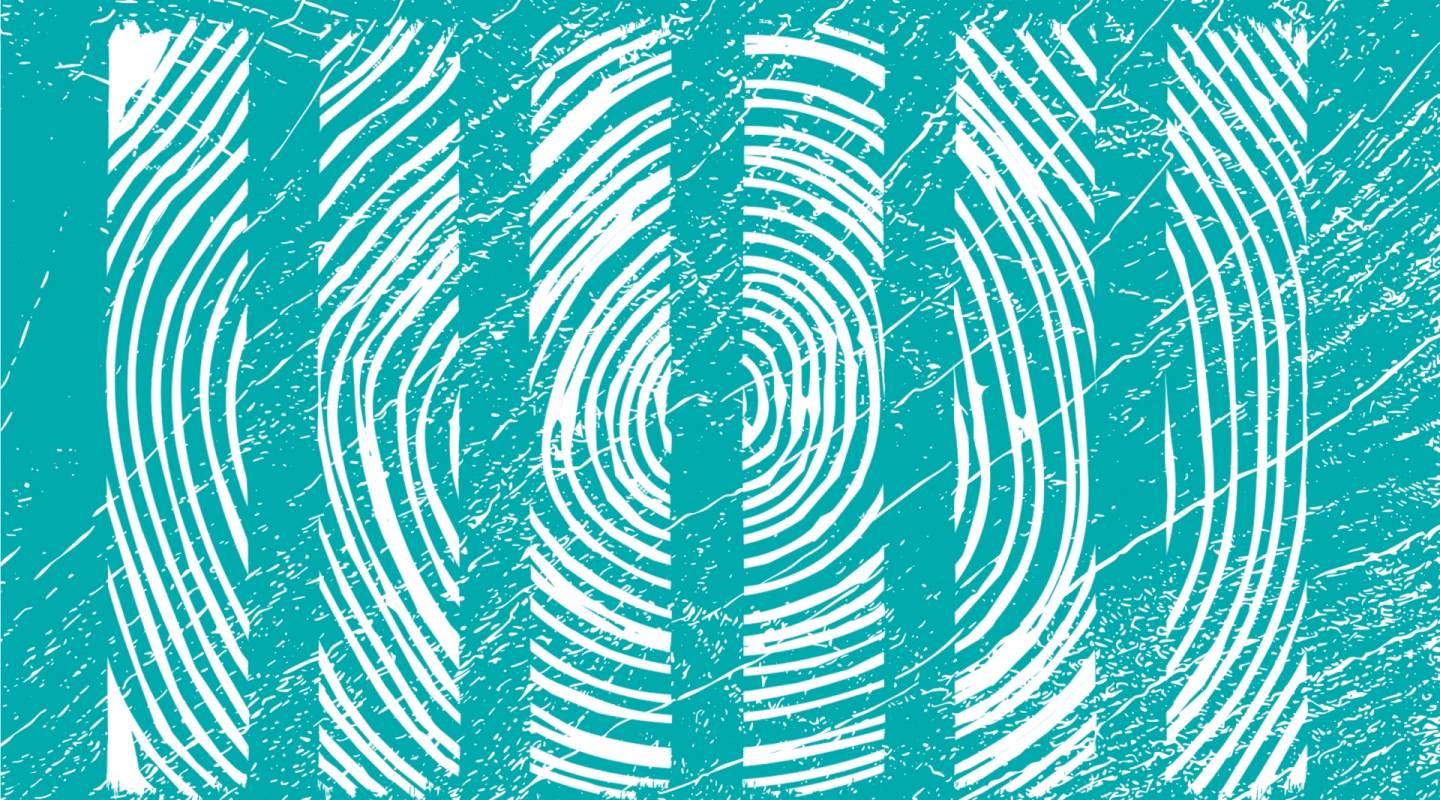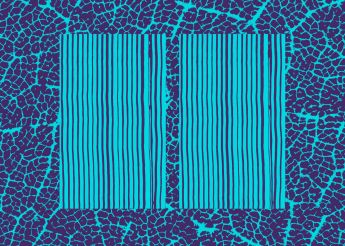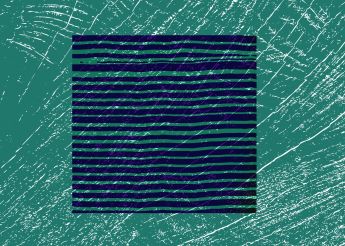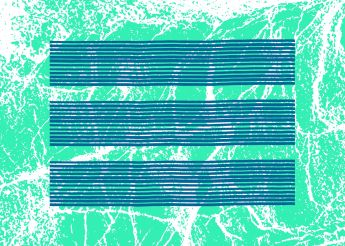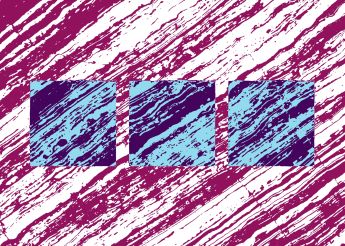Charity. Prisons usually have a special block for people with mental illness, typically block E or D. Only people with the most severe conditions are kept in these blocks. They do not take part in the prison community. They are put aside in order to be kept docile, managed, so that they stop disturbing people. This is clearly social discrimination. These people are completely left out instead of being integrated. They do not leave the block and they do not get to see the sun.
Prison staff do not consider enrolling them in primary and secondary school education programs. They are included in neither social nor spiritual events. Prison staff tends to overlook individuals with less severe mental health issues, making them practically invisible and failing to acknowledge their condition. Some people suffering from more severe illnesses are admitted to the prison’s health clinic. Access to psychiatric facilities is very slow due the lack of financial and human resources. Kenya only has 125 psychiatrists for the whole country, most of them working in the private sector. They see prisoners mainly when a psychiatric evaluation is required to determine their ability to stand trial.
Prisoners with mental conditions can also be sent to the maximum-security ward of Mathari Hospital, which is our National psychiatric facility. This 100-year-old facility has a terrible sanitation system. Some seclusion rooms do not have a toilet but a small bucket.
Mathari hospital also houses people waiting for psychiatric evaluation, usually in the case of murder, as well as mentally ill people who have been found ‘guilty but insane’. These people often stay a very long time in Mathari hospital. Once convicted, they must follow a three-stage treatment. The reintegration process starts if there is a favourable report by the doctor and an occupational therapist. However, most of these people have committed crimes so culturally unacceptable that they are often rejected by their family and are not able go back to their communities. Sometimes they receive death threats from their own communities. They do not have anyone who can commit to taking care of them and ensuring they adhere to treatment, which is a condition for release. As a result, they can stay in Mathari Hospital for 30 years, while the recommended time for these processes is a maximum of three years.
Nevertheless, there have been remarkable breakthroughs recently. Some people who were declared unfit to stand trial yet still imprisoned are now being released. Also, the procedure called ‘presidential pleasure’ – indefinite detention for those found ‘guilty but insane’ – was declared unconstitutional by the court in February 2022. Many of those people, however, are now stuck in the system due to delays in the justice system which is causing them a lot of psychological distress.
